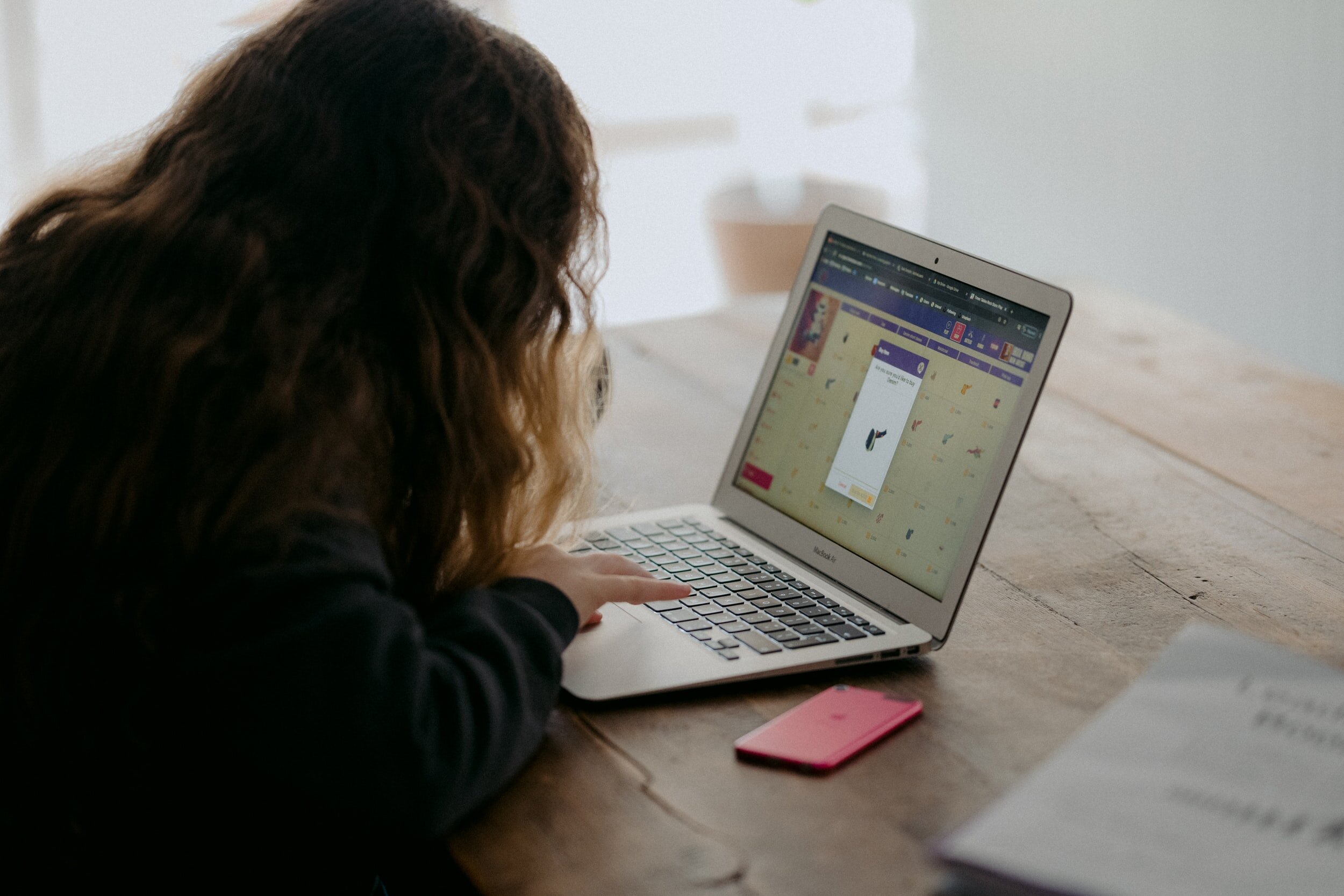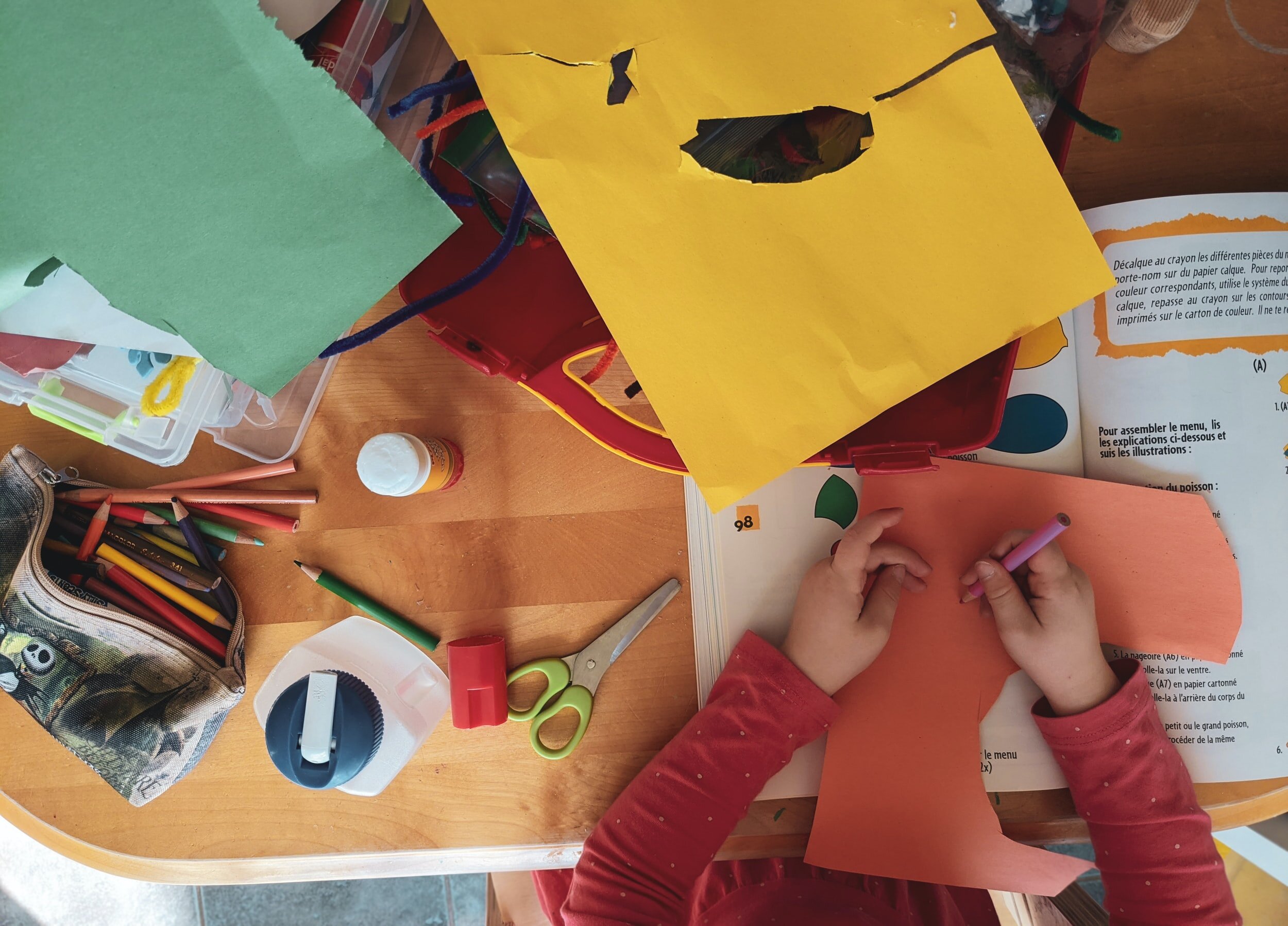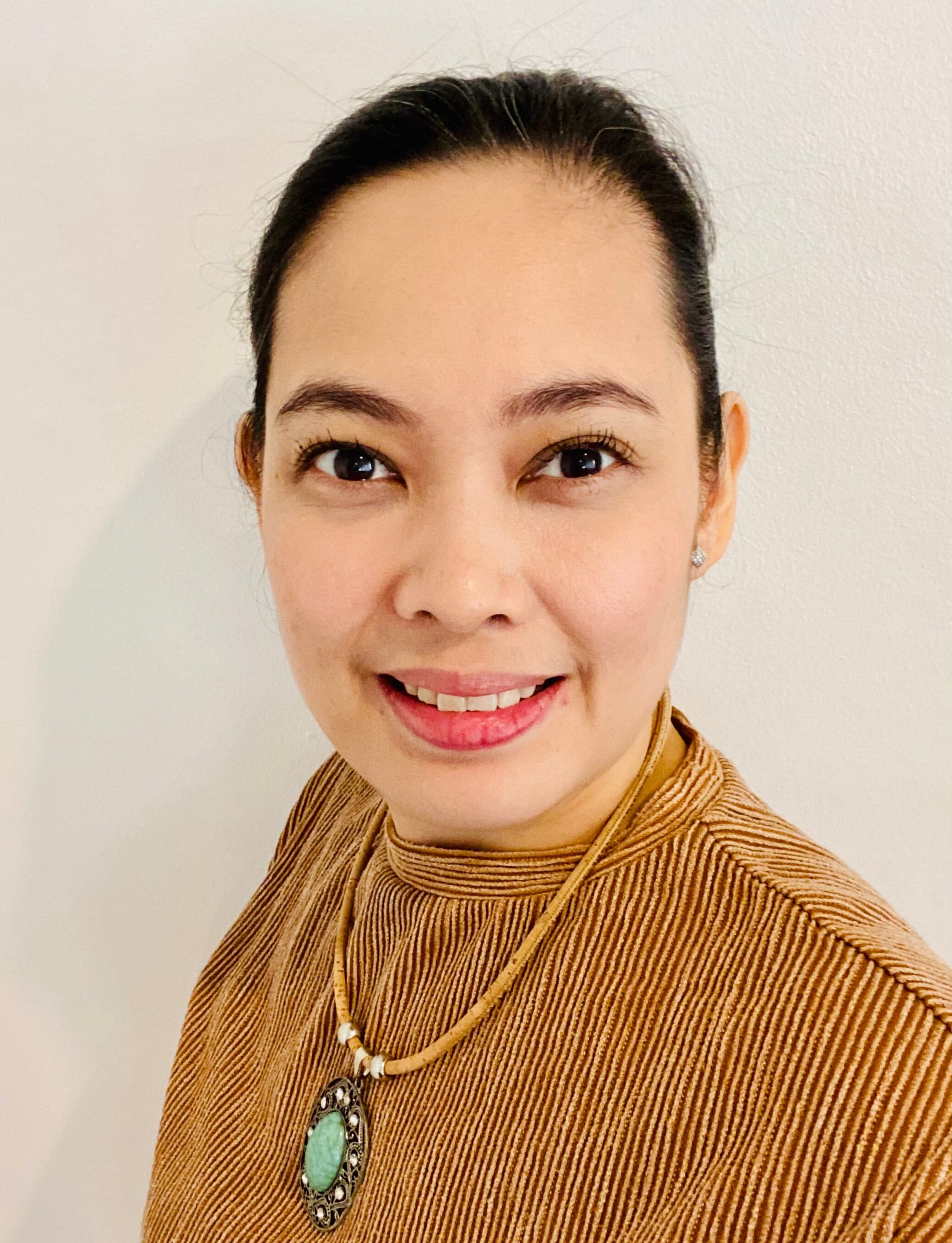Fourteen months after the first announcement of a quarantine and most Philippine parents have at least twelve months of homeschooling, e-learning, or blended learning under their belts. Mommy Mundo spoke to parents on their chosen methods of education for their children and how they have pivoted and coped.
by Adrienne Antoinette S. Buenaventura
The current pandemic situation has seen everyone making necessary adjustments at home and at work, and that includes parents responding to their children’s schooling needs. Some moms and dads have stuck with the traditional schools their kids have been used to, some have looked into progressive education, while a few have tried out homeschooling, looked into unschooling, and others have pursued home-based learning or distance learning.
Staying Traditional While Online
Lizanne, a mother to 10 year old Mira who is in fifth grade, shares, “I was actually expecting the worst, that I would be constantly fixing Internet problems or doing downloading of programs, but it’s actually been a good experience for us.”
Her daughter’s traditional school still has the usual quizzes, essays, and group work to be accomplished, only the bulk of work is divided into synchronous activities (designed to be accomplished altogether as a class online) and asynchronous tasks to be done individually offline.
“Our daughter’s traditional school did their homework, and they managed to prepare to give the children an online schooling experience which I am satisfied about.”
This adjustment has given her peace of mind since she is able to supervise her daughter at home during the lockdown and “I can monitor what she is doing, and check if she really is listening. I still need to help shoot videos required by the school, since that is something my daughter still needs help with.” She opted to keep her daughter in her school’s online classes because she says, “I didn’t want bigger adjustments for her in a new school. Online schooling is already a big adjustment as it is.”
Kat, mother to Xavi, her son who just graduated Grade 12 from a traditional school he has attended since was in elementary, admits, “I looked into homeschooling when I learned about the need for families to be on community quarantine. But I had to consider that my son was already used to his traditional schooling, especially used to his teachers and friends. He was already so familiar with all of that.”
She also took time to emphasize that she decided to continue letting her son stay in his traditional school even during the pandemic “because we wanted him to get his diploma from the school he has always studied at.”
One thing she was pleasantly surprised and delighted about was that this online schooling at her son’s traditional school was easier for her as a parent. Kat avers, “My son, being in Grade 12 already, was set in his study habits. He was able to establish a routine for himself. Not only was he well-rested because he was studying from home, but he was also able to do make time for things he wanted to do like exercise, and even learn to drive once in a while.”
Homeschooling Newbies
On the other hand, Tessa, a mom to JT, a Grade 4 student, and Reese, a Grade 3 student, shares a different experience. She says, “I got turned off by the traditional exclusive boys’ school my son was attending. They were charging the same tuition fee amount without clarity about how they would go about online schooling.” Because of this, she and her husband have been more open to exploring progressive education, which has less students in a class, and where she feels teachers can focus more on teaching the students individually. Their family turned to homeschooling their two kids past year, and they are still looking at progressive schools at this point.
Perspective On Progressive
Pickles, a principal of a progressive preschool, makes a point for progressive education, which make use of activities using the 5 senses apart from learning facts in Math, Science, and Literacy. “I think parents who opt for progressive preschools want their children to experience hands-on learning that is at the same time developmentally appropriate for their child. It’s also essentially learning through play.”
She observes and takes note of the challenges encountered by parents doing online learning, especially parents of young children.
“I think the common challenge is how to deal with supervising your child while you try to also work from home.” Her practical tips? “Establishing a routine and designating a study space outside the comforts of the bedroom from the get-go would go a long way. If this has not yet been done, catching up and making these seemingly small but important adjustments will help empower your child and consequently ease the burden on you.”
Singing Praises For Homeschool
Stuart and Honey is a homeschooling couple teaching their 2 sons. The pandemic didn’t really present any huge changes for them since they have been teaching their children from home for the past four years. Stu said that homeschooling, which is when parents take charge of their children’s education, where they are the teachers of their kids, is the best decision they’ve ever made. “The thing is, I am a college professor, and I observed that there were some students in my class who were previously homeschooled who did very well in my class. I asked them about their homeschool experience, and they said they enjoyed it because they enjoyed the company of their parents. I liked the sound of that.”
His wife Honey still points out the challenges they encountered during the first year they tried to homeschool. “Preparation and execution-wise, I honestly saw that there was a lot of controlling, because I made the mistake of bringing the school home.” Then she says she realized that “Fear is a lie that robs us of our joy. Now we are more relaxed and from being a ‘dragon-mom’ I am have become more of a ‘tiger mom,’ and we found how to tailor-fit the way we teach our kids according to their individual learning styles.”
Stu elaborates, “Even just driving them to activities while in the car, I find teachable key moments with our kids. We communicate with them, teach them from experience. We have worksheets and all of that, but most importantly, we spend quality time together.” Honey agrees and jumps in that they have been busy creating memories as a family while homeschooling. “The pandemic is the best time to try homeschooling, and see if this works for your family.”
On Exploring Unschooling or Interest-led Learning
Owie is an unschooling mom to two kids since 2017. When asked to define what Unschooling is, she happily volunteers, “It’s when parents become more of mentors and facilitators instead of teachers. It is when we the parents take a backseat, and we don’t follow a fixed curriculum for our kids. We are following what we call interest-based learning, where we give our children the power to choose what they want to learn.” She said that she tried to homeschool her kids, but their relationship became strained because of burnout. She points out, “Children are naturally curious. When we followed our children’s interests, I noticed autonomy and growth in their self-esteem and confidence.”
When asked about how she and her husband address concerns about school certificates and grades and diplomas, she explains, “There are tests in the Department of Education that the kids can take to track their progress if they need to. Unschooling movements here and abroad do the same thing. I personally think that the pandemic is the best time to explore this. Just let go, and trust your child. You can call it a ‘gap year’ or a year where your child can take a breather. But unschooling really works for us because we really get to know who they are, and what they are geared towards, and that’s what we allow them to focus on.”
Distance-Learning and Home-Based Learning Tips
Candice, a working mom of 2 based in Japan with her husband and children, is an early childhood educator for 15 years. Even with her experience as a teacher who can easily teach her children from home, she opted to enroll her children in school and do home-based learning when their school community was on quarantine.
“I think that the teachers and kids have the tools, and Internet connection is superior in Japan, that’s why I chose this kind of learning for them.”
As a teacher and as a mother, she has practical tips for parents of home-based learners:
-
Know your child’s disposition.
-
Children have short attention spans. They need conducive places where they can learn.
-
Let go of controlling your children.
-
Children need structure and routine.
-
Give your children enough autonomy.
She also emphasizes the importance of teaching kids to take ownership of their schoolwork. “I tell my children, ‘You know the tasks that are assigned to you.’ I train the kids to solve their problems first before they ask help from us. I tell them, ‘You know where the materials are.’” She realized that it was an easier experience when she was able to guide her kids to address issues on their own by practicing at home. “It’s also wise to be open to opinions of your children. We have to be more understanding of each other.”
There are various ways parents have chosen to take for their children’s schooling. It just goes to show two things: how every parent will always try their best to find what suits their kids best, so that they can continue learning even while on lockdown. And also how parents and children can learn how to adjust to their chosen types of learning together during these uncertain times.
About the author
About the writer
Adrienne Sarmiento-Buenaventura is a freelance writer and singer-songwriter, with two professional albums as a recording artist. She is a staunch advocate of Original Filipino Music and hands-on parenthood. She sings with her band WINK* and is a worship leader at church. She loves creative collaboration, quirky vintage finds, poetry, a well-prepared meal, and traveling with her husband and two children. When asked what she does for a living, she says, “I use my authentic voice to supply interesting and insightful content that influences and inspires people to get excited, think and move. I ask the right questions and make use of my unique resources, and I do this with focus, passion, and integrity.”




Leave a Reply